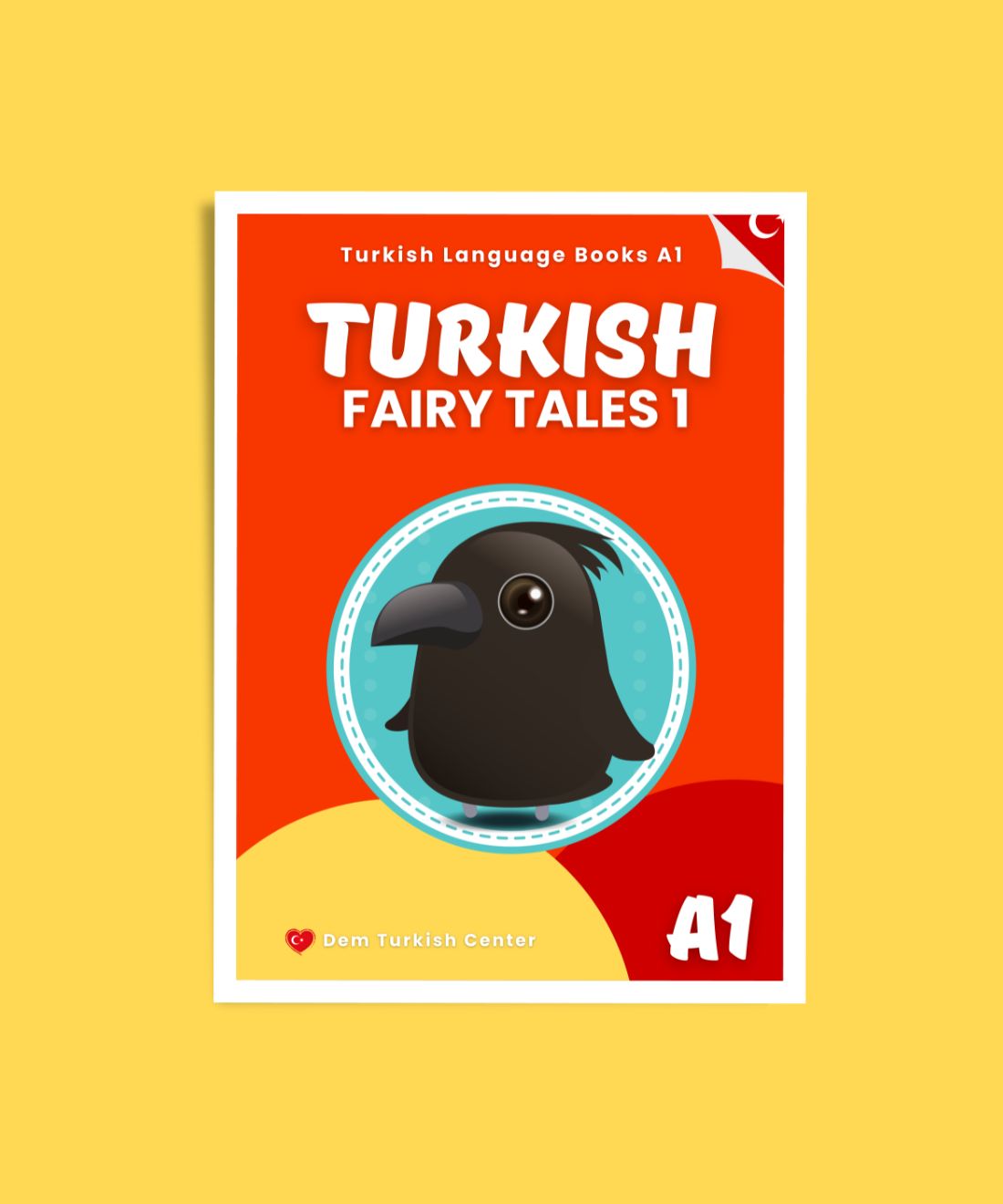
Direct Reported Speech in Turkish
Learn how to form "Direct Reported Speech" in Turkish (He said "...") using the verb "Demek (To Say)" in this short Turkish language lesson.
This Turkish lesson is ideal for beginner (A2) Turkish language learners.
REPORTED SPEECH IN TURKISH
Reported speech is when we tell someone what another person said. To do this, we can use Direct Reported Speech" or "Indirect Reported Speech" using the verb "To Say".
"To Say" in Turkish
There are 2 verbs in Turkish for "To Say".
For direct reported speech, we use the verb "Demek (To Say & Mean)". For example:
- Ali: "Ben eve gidiyorum."
- Ali "Ben eve gidiyorum," dedi. Ali said "I am going home".
For indirect reported speech, we use the verb "Söylemek (To Say)". For example:
- Ali: "Ben eve gidiyorum."
- Ali (onun) eve gittiğini söyledi. Ali said that he was going home.
We will explain the indirect reported speech in another Turkish lesson. Now learn the direct reported speech in Turkish below.
Download Turkish worksheets: Indirect Reported Speech in Turkish!
Direct Reported Speech in Turkish
Direct reported speech in Turkish is an easy form. Simply tell what other people say (in quoatiton marks) using the verb "Demek (as "diyor, dedi etc)". For example:
- Ali: "Ben İngilizce biliyorum".
- Ali ne dedi / diyor? What did / does Ali say?
- Ali "Ben İngilizce biliyorum," dedi / diyor. Ali said / says "I know English".
- Ali bana "Ben İngilizce biliyorum," dedi / diyor. Ali said / says to me "I know English".
Practice. Rewrite the sentences below using "dedi".
- Ayşe: "Biz eve gidiyoruz." Ayşe "Biz eve gidiyoruz," dedi.
- Can: "Bugün hava çok güzel."
- Berna: "Benim bir arabam var."
- Suna: "Ben bir kahve istiyorum."
- Derya: "Ben işe gidiyorum."
"Diye" in Turkish
If you are using other verbs in the direct reported speech like ("Sormak, cevap vermek, düşünmek etc), then you are using the word "diye" (Literally "by saying" in Turkish) with these verbs. Of course, you can always use "Demek" instead of "Sormak & Cevap vermek". For example:
- Ali: "Nasılsın?"
- Ali "Nasılsın?" dedi / diye sordu. Ali said / asked (by saying) "How are you?"
- Ayşe: "Çok iyiyim."
- Ayşe "Çok iyiyim," dedi / diye cevap verdi. Ayşe said / answered (by saying) "I am very well."
Practice. Rewrite the questions and the answers.
- Can: "Nereye gidiyorsun?" Can "Nereye gidiyorsun?" dedi / diye sordu.
- Banu: "Ben okula gidiyorum."
- Tuna: "Ne yapıyorsun?"
- Cem: "Kahve içiyorum."
- Ege: "Nerede yaşıyorsun?"
- Erkan: "İstanbul'da yaiıyorum."
We hope you found this short Turkish grammar lesson useful for your Turkish studies.
Please use the comment form below if you have questions about this Turkish grammar point.














